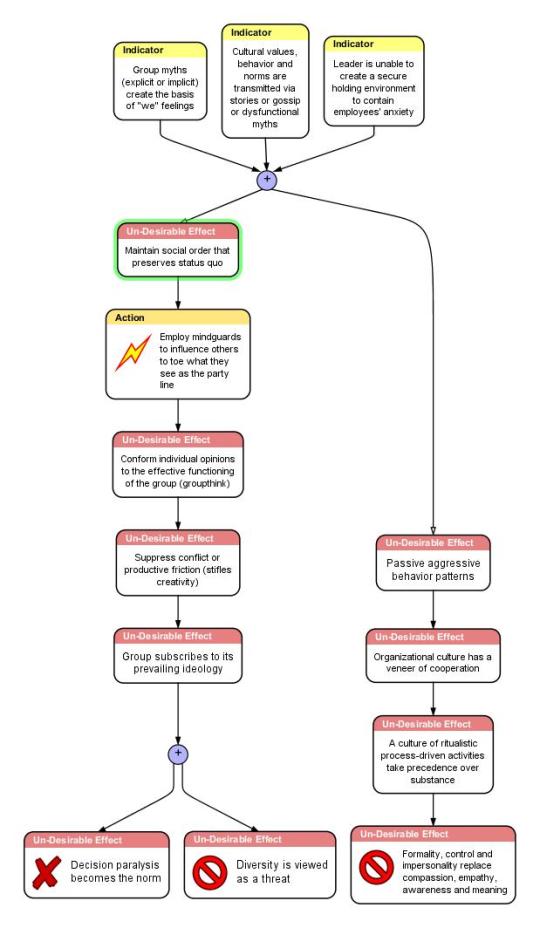Changing the Mind of an Institution to Achieve the Vision of the Multipolar MBA
According to Harvard Business School professor Rakesh Khurana, “U.S. business schools are fighting to be meaningful on multiple fronts.”
Rakesh Khurana. From Higher Aims to Hired Hands: The Social Transformation of American Business Schools and the Unfulfilled Promise of Management as a Profession (Princeton University Press, 2007)
Professor Khurana articulates the urgent need to transform and reinvent the MBA program in American universities so that it can be achieve relevance in a multipolar world. In the trenches, I have begun to appreciate Professor Pankaj Ghemawat’s insights that we have to operate in a world where differences matter and every interaction is a cross-border transaction (and not a one size fits all). The strategic imperative for an organization is to align intent and AAAction (choice of Adaptation, Aggregation and Arbitrage) in a cosmopolitan world. In addition, a person should avoid the tendency to become too clique-ish.
“Business schools, the most prolific generator of our future leaders and decision makers, are adding moral behavior to their curriculum. If the fall from moral grace of some of their best and brightest graduates is indicative, however, that currucula has a long way to go.”
David Kantor. Reading the Room. Jossey-Bass, 2012
Below is a mental model for changing the minds of stakeholders in any institution for accomplishing the desired transformation. This is only an individual snapshot and requires ongoing dialogue with an ensemble of cross-cultural talent consisting of movers, followers, opposers and bystanders in order to peel the onion of the multipolar MBA.
Typically organizational change occurs through reengineering, downsizing, streamlining and post merger integration. Organizations are made up of people. Frequent organizational change can be traumatic since it impacts an employee’s feelings of helplessness, inadequacy, anxiety and insecurity. In this regard, a business leader should become increasingly sensitive to the unconscious life of groups in an organization in a multipolar world (sketched below). Personal change is a pre-requisite for accomplishing successful organizational change.
References
Rakesh Khurana. From Higher Aims to Hired Hands: The Social Transformation of American Business Schools and the Unfulfilled Promise of Management as a Profession (Princeton University Press, 2007)
Howard Gardner. Changing Minds. (Harvard Business School Press, 2004)
Blythe J. McGarvie. Fitting In, Standing Out: Mastering the FISO Factor for Success in Business and Life (McGraw-Hill, 2006)
Feel free to share any feedback.
Documented by Last Mile Resource


Recent Comments